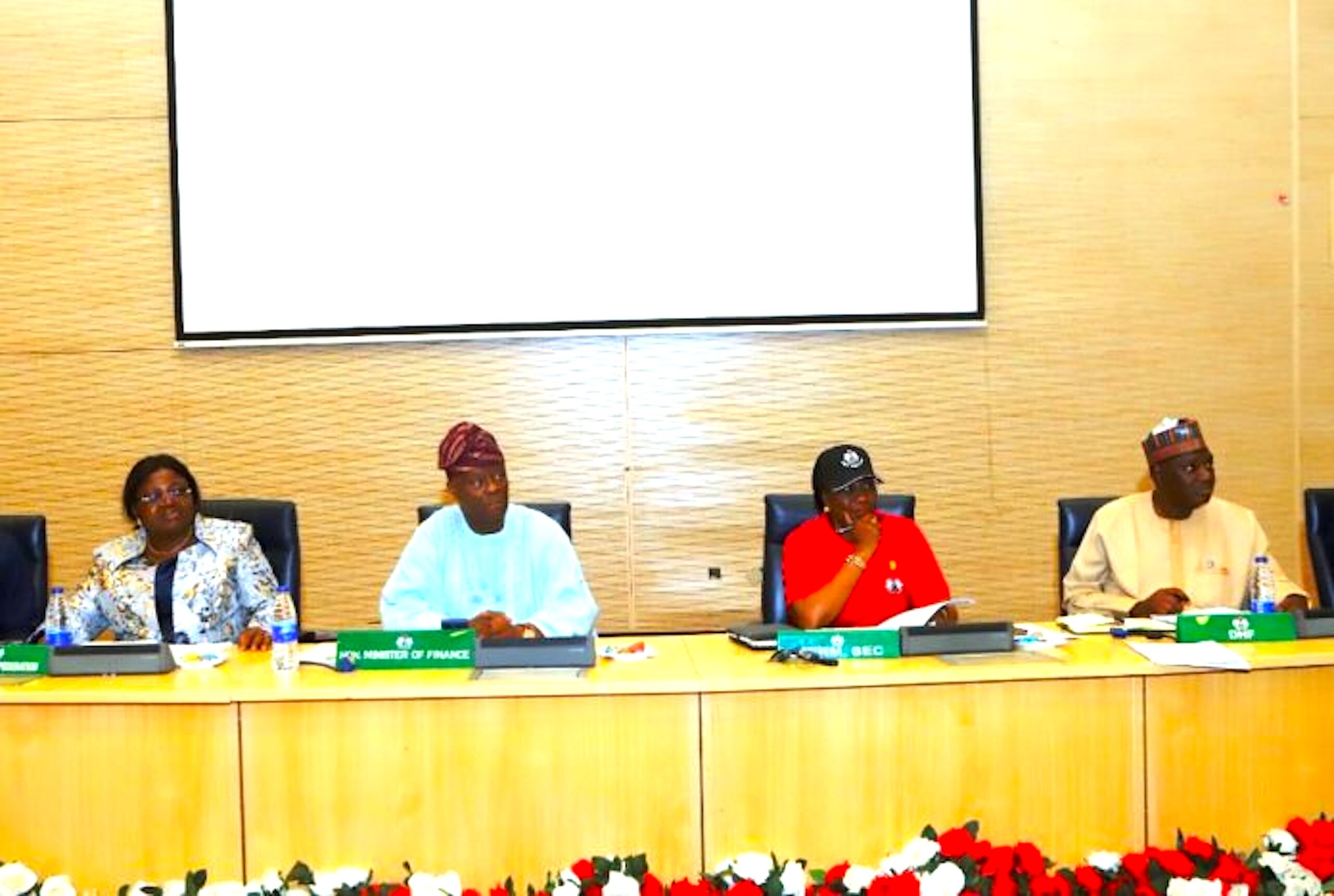The Federation Account Allocation Committee (FAAC) has disbursed an unprecedented N1.4 trillion to Nigeria’s federal, state, and local governments for October 2024. This record allocation has raised hopes of economic recovery, but it also sparks questions about its effective utilization amidst Nigeria’s lingering economic challenges. Will this windfall catalyze much-needed growth, or will it become another missed opportunity?
Where Does the Money Go?
The N1.4 trillion allocation is distributed among the three tiers of government based on a predetermined formula:
• Federal Government: Receives the largest share to fund national-level projects, including security, infrastructure, and recurrent expenditures.
• State Governments: Utilize their portion for state-level initiatives, including salaries, infrastructure, and social programs.
• Local Governments: Focus primarily on grassroots development, administrative costs, and community-based projects.
For comparison, this allocation represents a 25% increase from September 2024’s disbursement of N1.12 trillion, highlighting its significance.
Key Economic Areas to Watch
1. Infrastructure Development:
With crumbling infrastructure across the country, governments are expected to allocate significant portions of this fund toward roads, bridges, schools, and healthcare facilities. If properly executed, these projects could boost job creation and stimulate economic activities.
2. Debt Servicing:
Nigeria spends over 70% of its revenue on debt servicing. While this allocation offers some relief, critics argue that debt repayment continues to divert funds from essential developmental needs.
3. Salary Backlogs:
Many state and local governments are behind on salary payments. Clearing these arrears could ease financial pressures on households and improve consumer spending, driving demand for goods and services.
4. Social Programs:
The federal government has committed to scaling up social safety nets, such as conditional cash transfers and food aid programs, to alleviate the burden of recent economic reforms like subsidy removal.
Potential Economic Impact
The FAAC allocation presents opportunities to stimulate Nigeria’s economy if utilized effectively:
• Increased Liquidity:
The injection of N1.4 trillion into the economy is expected to boost liquidity, enabling businesses and individuals to access more funds.
• Support for SMEs:
Small and medium enterprises (SMEs), which form the backbone of Nigeria’s economy, could benefit if a portion of the funds is allocated to microcredit schemes and capacity-building programs.
• Stimulus for Consumer Spending:
By clearing salary arrears and expanding social programs, governments could increase disposable income, driving demand for goods and services.
Challenges to Effective Utilization
Despite its potential, the allocation faces several hurdles:
1. Corruption and Mismanagement:
Nigeria’s history of financial mismanagement raises concerns. For example, in 2019, over N600 billion in allocated funds went unaccounted for at the state level.
2. Inflation Risks:
The sudden surge in liquidity, if not carefully managed, could exacerbate inflation, further reducing purchasing power.
3. Revenue Volatility:
The allocation relies heavily on oil revenue, a volatile source subject to fluctuating global prices. This over-reliance highlights the need for diversification.
Public Reactions and Expert Opinions
Public sentiment about the allocation is mixed. Many Nigerians remain skeptical about whether the funds will be utilized transparently. On social media, critics have called for stringent monitoring mechanisms to ensure accountability.
Experts, however, remain cautiously optimistic:
• Dr. Ngozi Okonjo-Iweala, Director-General of the World Trade Organization, remarked:
“This allocation is a significant opportunity to drive growth, but transparency and targeted investments are essential for its success.”
• A report by the World Bank highlighted that
“while the allocation could address immediate challenges, structural reforms are necessary to achieve sustainable development.”
What Needs to Be Done?
For this windfall to translate into meaningful growth, governments must take the following steps:
1. Ensure Transparency and Accountability:
Public audits, regular reporting, and citizen oversight committees should track how the funds are allocated and utilized.
2. Invest in Diversification:
Reducing dependence on oil revenue is critical. Investments in agriculture, technology, and manufacturing could drive sustainable growth.
3. Prioritize High-Impact Projects:
Governments should focus on initiatives that create jobs, improve infrastructure, and enhance social welfare.
4. Mitigate Inflation Risks:
Policies to manage liquidity and stabilize prices, such as controlling excessive spending, are essential to prevent inflationary pressures.
Conclusion: A Window of Opportunity
The N1.4 trillion FAAC allocation represents a pivotal opportunity to address Nigeria’s economic challenges. By prioritizing infrastructure development, social programs, and economic diversification, this windfall could serve as a catalyst for recovery. However, the success of this allocation hinges on transparent execution and targeted investments. Without these measures, it risks becoming yet another missed opportunity in Nigeria’s quest for sustainable development.
Stay updated on developments in Nigeria’s economy at Naija Investing Hub.
